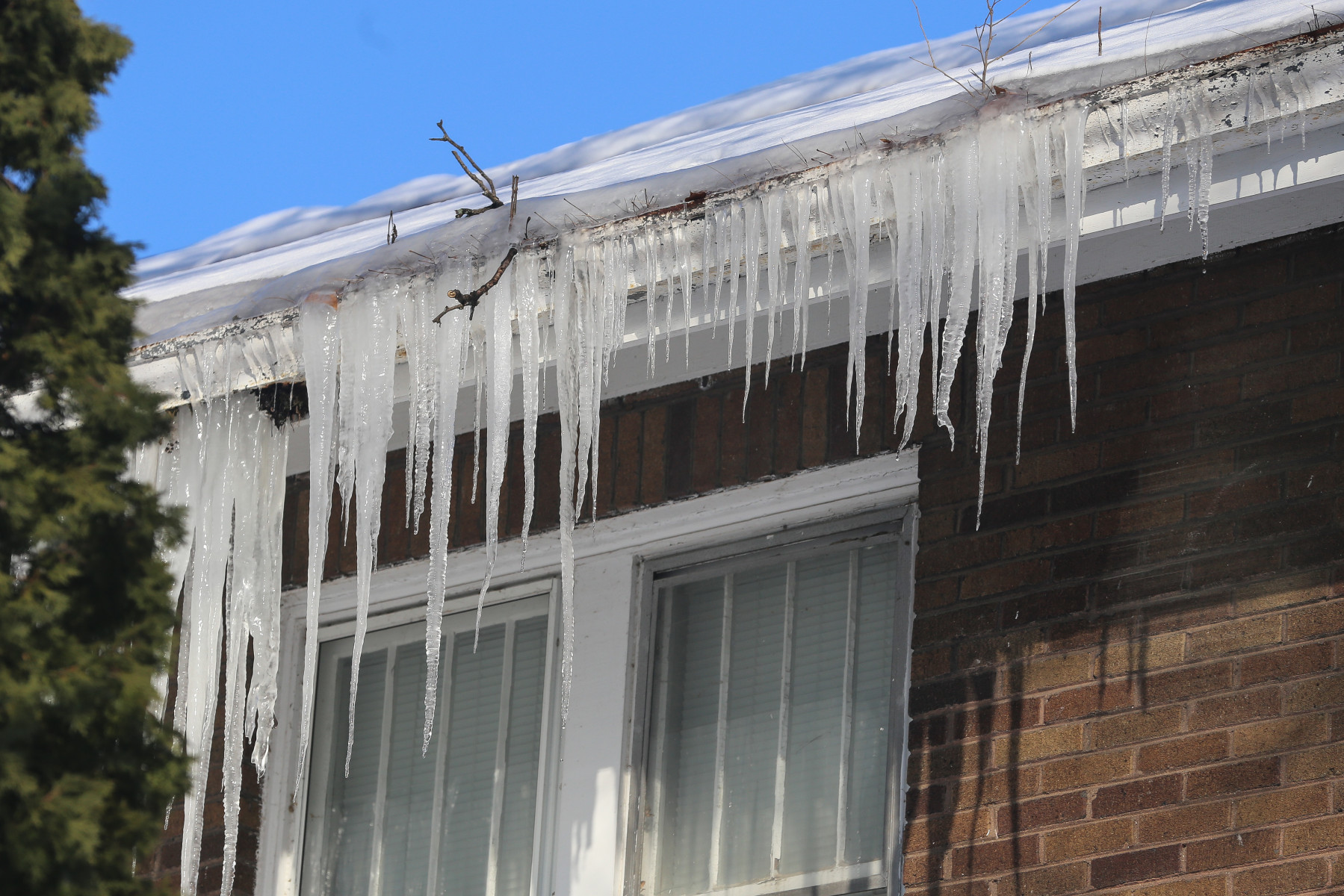
Prepare your home for winter weather
Preparing your home
The following tips can help get your home ready for the winter weather.
5. To help protect your home against frozen pipes, ice dams, and other water-related losses:
- Use heat tape or thermostatically controlled heat cables to wrap pipe.
- Seal cracks and gaps which could bring in cold air with insulation or caulk. Check around dryer venting, electrical wiring, doors, and windows nearest to exposed pipes.
- Disconnect exterior water hoses and drainpipes leading outdoors. If possible, use an indoor water shutoff valve to ensure water service to exterior locations is disconnected.
- Keep your thermostat set above 55 degrees, especially if you will be away from your house for an extended period. Ask someone you trust to monitor your house daily to prevent freezing.
6. Heating System Checkup
- Change the air filter in your furnace and check its efficiency before the cold weather begins. Stock up on several air filters for the winter. Be sure to change them every month.
- Check your windows for any leaks that may compromise your heating efficiency. If you feel cold air coming in, purchase a plastic sealing kit from the hardware store and place the plastic around the window to keep the heat from escaping.
7. Check the Fireplace and Chimney
- Call a chimney sweep for an inspection and annual cleaning.
8. Clean the Gutters
- Gutters and downspouts should be kept clean and should direct water away from the foundation, as well as from walkways and driveways, so that they do not become slippery or icy.
9. Yard Maintenance
- When sweeping the leaves off your patio, don’t forget to clean, pack up, and store any patio furniture for the winter, as winter winds can be forceful.
10. In the Garage
- Empty out unused fuel from any gas-powered equipment stored in the garage, such as a lawnmower, because sediment can build up and clog the fuel line.
11. Test Your Emergency Generator
- It’s a good idea to have an emergency generator if you live in an area that sees a lot of ice storms, as these are a major cause of blackouts during the winter.
- Make sure you never run the generator in any enclosed space – like your garage – as it will present a carbon monoxide hazard.
The additional tips below may help ease some anxiety on the road and at home during all kinds of weather.
Winter Car Tips – State Farm®
DIY Tips for Winterizing Your Home – State Farm®
